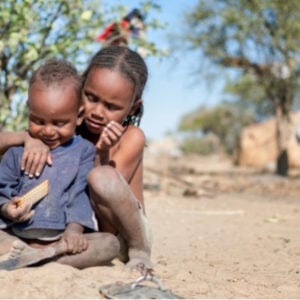In an effort to improve healthcare delivery and reduce dependence on the national electricity grid, the Abia State Government has commissioned a 150kVA solar power system with 430kWh battery storage at the Abia State Specialist and Diagnostic Centre in Umuahia. The solar installation is designed to ensure uninterrupted medical services, with plans to expand similar infrastructure across other healthcare facilities in the southeastern state.
According to the State Commissioner for Power and Public Utilities, ten more solar-powered facilities are currently in development. The state is also piloting a solar-assisted public sanitation project at Okigwe Park in Umuahia, featuring gender-specific toilets and washrooms, which is intended to serve as a scalable model for public sanitation infrastructure.
In a related public health initiative, the Abia Integrated Water Supply, Sanitation and Hygiene Accelerated Programme (AIWAP) has been launched to combat open defecation and promote better hygiene. The pilot phase has begun in Okigwe Park, with nine additional sites under development in Aba and Umuahia.
Meanwhile, in northern Nigeria, Doctors Without Borders/Médecins Sans Frontières (MSF) has adopted solar energy to strengthen healthcare services in areas suffering from erratic electricity and fuel shortages. At Zurmi General Hospital in Zamfara State, a 250kW solar power system with 436 panels now supplies energy for critical medical equipment, refrigeration of medications, and emergency operations. The shift has replaced fuel generators that previously consumed over 3,000 gallons monthly and often failed, ensuring reliable power for essential units such as maternity, neonatal intensive care, and cholera wards.
MSF’s transition to renewable energy also aligns with its commitment to reduce environmental impact. This shift comes as Nigeria faces mounting public health challenges linked to climate change. Extreme weather events—such as prolonged droughts and flooding—have led to displacement, food insecurity, and rising malnutrition rates. In 2024, MSF treated more than 300,000 malnourished children, a 25% increase from the previous year, with over 75,000 requiring hospitalization.
Climate change has also exacerbated the spread of malaria. In 2023, Nigeria accounted for 26% of global malaria cases, with an estimated 6.8 million more cases than in 2018 due to worsening mosquito breeding conditions. By reducing reliance on diesel fuel, MSF is able to allocate more resources to medical care while ensuring uninterrupted services in some of the country’s most underserved areas.







